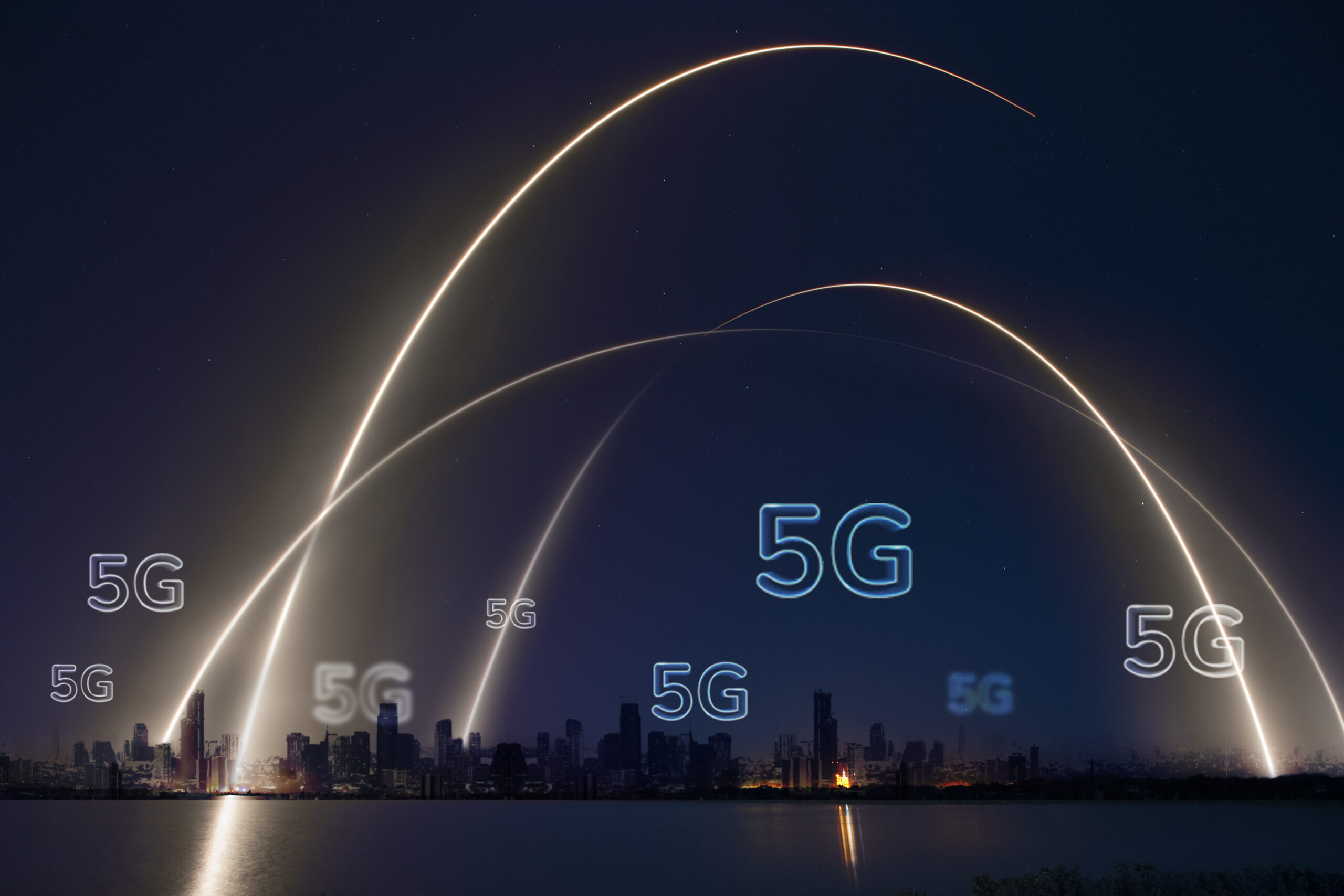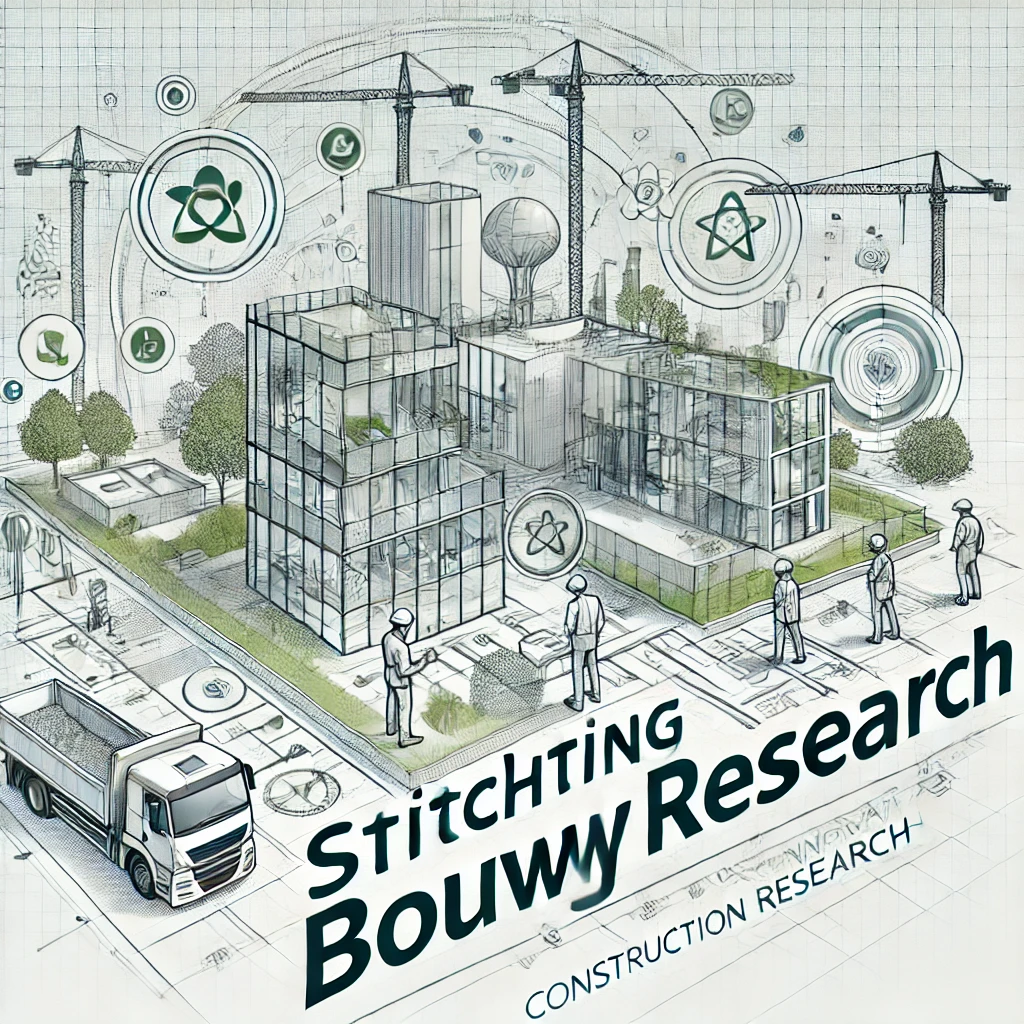5G technology is revolutionizing the way we connect and interact with the digital world. With lightning-fast speeds, ultra-low latency, and enhanced connectivity, 5G is set to redefine industries and improve everyday life. As it continues to expand globally, the future of 5G holds immense potential for innovation and transformation.
Key Benefits of 5G Technology
5G technology offers several advantages over its predecessors, including:
- Faster Speeds: Up to 100 times faster than 4G, enabling quicker downloads and seamless streaming.
- Lower Latency: Ultra-responsive connections ideal for real-time applications like gaming and autonomous vehicles.
- Increased Capacity: Supports a higher number of connected devices without compromising performance.
- Improved Reliability: Ensures stable connections even in crowded areas.
- Enhanced Efficiency: Energy-efficient networks that optimize data transmission.
How 5G Will Impact Various Industries
The adoption of 5G technology will revolutionize multiple sectors, such as:
1. Healthcare
- Remote patient monitoring and telemedicine with real-time data transmission.
- Robotic-assisted surgeries with precision and minimal latency.
- Enhanced access to healthcare services in remote areas.
2. Smart Cities
- Improved traffic management through connected sensors and real-time data.
- Enhanced public safety with smart surveillance systems.
- Efficient waste management and energy optimization.
3. Automotive Industry
- Autonomous vehicles with instant communication between sensors and infrastructure.
- Enhanced in-car entertainment systems with seamless connectivity.
- Real-time navigation and hazard detection.
4. Entertainment and Media
- Augmented Reality (AR) and Virtual Reality (VR) experiences with high-resolution streaming.
- Cloud gaming with minimal lag.
- Enhanced video streaming with 8K resolution support.
5. Manufacturing and Industry 4.0
- Smart factories with IoT-connected machinery for real-time monitoring.
- Automation of production processes with AI-driven analytics.
- Improved supply chain management with real-time tracking.
Challenges Facing 5G Implementation
Despite its numerous benefits, the widespread adoption of 5G technology faces several challenges, such as:
- Infrastructure Costs: Building the necessary infrastructure requires significant investment.
- Security Concerns: Increased connectivity poses new cybersecurity risks.
- Device Compatibility: Older devices may not support 5G, requiring upgrades.
- Regulatory Hurdles: Compliance with global standards and regulations.
- Environmental Concerns: Potential impact of 5G radiation on health and the environment.
Tips for Preparing for the 5G Era
As 5G technology becomes more mainstream, here are some steps to prepare for the transition:
- Upgrade to 5G-compatible devices.
- Stay informed about local 5G rollout plans.
- Explore 5G service plans that suit your needs.
- Learn about potential 5G applications for your industry.
Frequently Asked Questions (FAQs)
Q1: How is 5G different from 4G?
A: 5G offers significantly faster speeds, lower latency, and better connectivity compared to 4G, enabling more advanced applications.
Q2: When will 5G be available worldwide?
A: 5G rollout is ongoing, with many countries already offering services, while others are expected to follow in the coming years.
Q3: Do I need a new phone for 5G?
A: Yes, you will need a 5G-compatible device to take full advantage of 5G speeds and features.
Q4: Is 5G safe for health?
A: Extensive research is being conducted, and current regulations ensure that 5G networks adhere to safety standards.
Q5: How will 5G impact the environment?
A: While 5G may increase energy consumption, advancements in technology aim to create more energy-efficient networks.
The future of 5G technology is promising, with endless possibilities for innovation and growth across various sectors. As it continues to evolve, it will pave the way for smarter, more connected societies.














